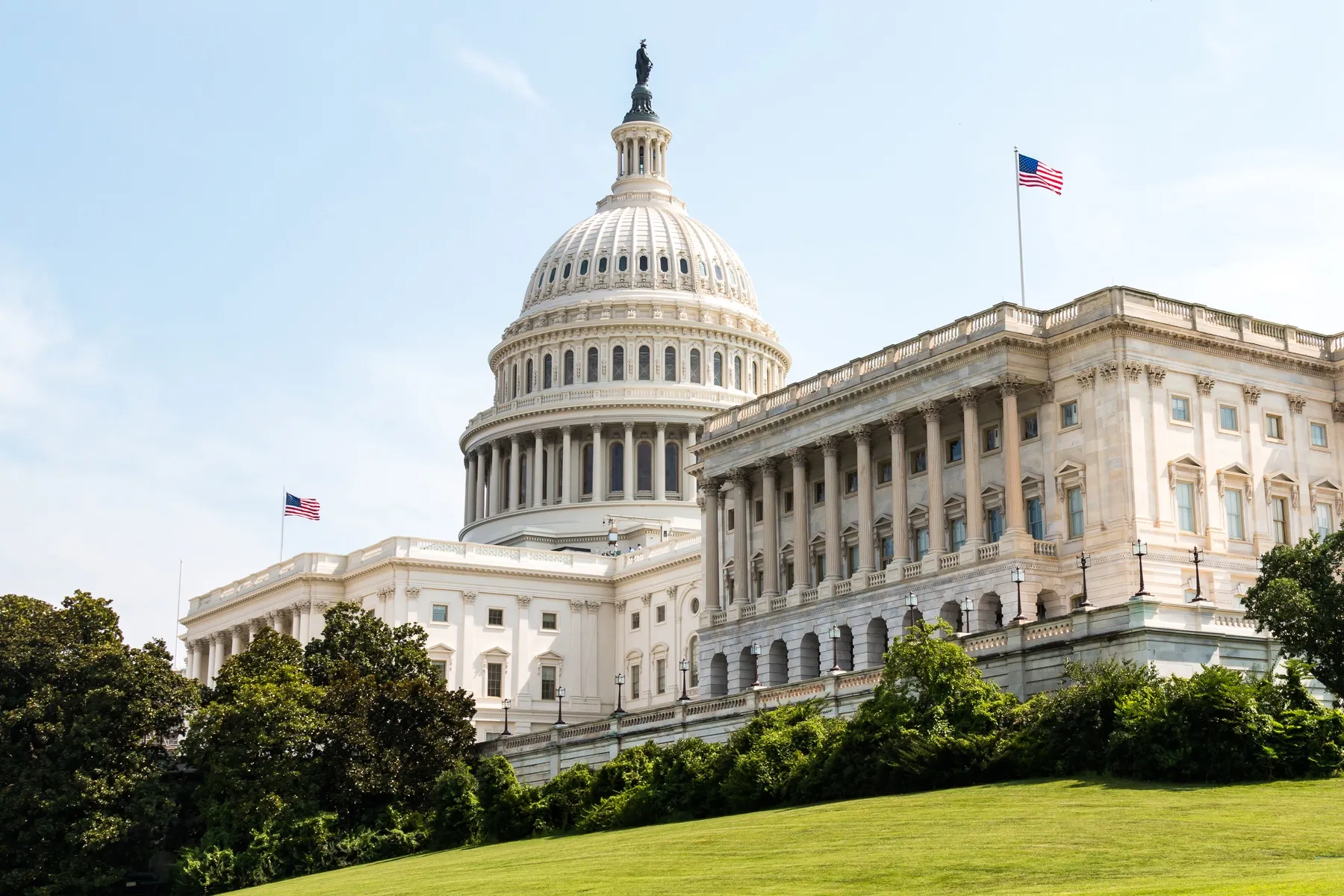Airbnb Looks to Recruit More Hosts to Meet Demand After Record 2021

Skift Take
After touting 2021 as "the best year in Airbnb's history, including a fourth quarter record for revenue and net profit, CEO Brian Chesky said the biggest opportunity in recruiting hosts in 2022 will be to continue to focus on signing up individual hosts.
Airbnb officials said 90 percent of its four million hosts are individuals, a level that has remained static over the last couple of years.
"So what we're going to do is continue to focus on individuals," Chesky told financial analysts during Airbnb's fourth quarter and full-year 2021 earnings call Tuesday after the market close. "We're going to continue to support property managers. We're continuing to invest in them. We also have hotels, but we think probably the biggest growth area is going to be individuals."
Host recruitment is key for all of the short-term rental platforms if it is to take advantage of the travel recovery, and Airbnb ran several advertising campaigns, and took steps to ease the onboarding of new hosts last year. However, the number of hosts in its ranks has remained stable at least since November 2020.
Chesky said a key goal for 2022 is to make hosting on Airbnb as mainstream as it is for guests to stay in properties listed on Airbnb, and he thinks factors like inflation will aid the effort.
Recruiting individual hosts has the most potential, he said. "And the reason why is because things like inflation are providing more pressure on families all over the world and they're going to require economic opportunity to be able to make it through this difficult time," Chesky said. "And we saw that we started Airbnb during the 2008 recession. When many people were turning to Airbnb because the economic empowerment provided. So I think that most people don't realize that they can make an incremental $9,000, $10,000 a year by hosting occasionally."
Increased Fees Can Wait
In response to a question from an analyst, Chesky said he believes Airbnb has ample opportunity to increase fees for both hosts and guests, but the company's priority right now is to take advantage of a once-in-a-lifetime travel recovery and to grow market share.
"We want to make sure that we're going to increase our prices that or if we're going to increase fees, that's going to be because we're offering services that our guests or hosts want to pay for," he said.
Surpassing 2019 in Key Metrics
Despite the rise of the Omicron variant in the latter portion of 2021, Airbnb recorded its best year ever, and many key areas surpassed pre-pandemic 2019.
The company's $1.5 billion in fourth quarter revenue amounted to a 38 percent increase compared with the fourth quarter of 2019. Similarly, Airbnb's full-year 2021 of $6 billion bested 2019 by 25 percent.
The company posted a net loss for full-year 2021 of $352 million, narrowing its 2019 loss of $674 million. But the $55 million of profits Airbnb recorded in the fourth quarter of 2021 was its best mark ever. Airbnb set adjusted earnings records for both the fourth quarter and full-year 2021.
Airbnb saw urban bookings come close to reaching 2019 levels, and Chief Financial Officer David Stephenson pointed to a recovery in non-urban whole homes.
The booking window in the U.S. and Europe during the first quarter of 2022 resembles pre-pandemic levels, the company said, and although it is seeing strong demand in Latin America, Asia-Pacific has not recovered.
On the bullish side, the company said its room nights and experiences booked to surpass 2019 levels for the first time since the pandemic began in the first quarter.
In its 2022 outlook, Airbnb said it expects its margin on adjusted earnings to be about the same as 2021 because of potential average daily rate pressures and because marketing costs as a percentage of revenue "is expected to remain relatively flat."
Chesky enthusiastically stated repeatedly that people have begun living on Airbnb, and that Airbnb sees opportunity in providing more complete and personalized services to guests and hosts.
"The longer you're away from a home, the more I think you want to be in a home," Chesky said. "And if you actually look at the growth of Airbnbs by length of stay, every length of stay segment, except for one grew from this time in 2019, Q4 2019. For example, one-month stays grew, one-week stays grew, three-night stays, five-night stays grew. The only stay category that didn't grow were one-night stays."
Chesky said he assumed those stays were predominantly for business travel, which won't be coming back in the same form.
If hotels traditionally attracted many of those stays, Chesky said he believes in the coming period hotels will see increased opportunity to distribute through Airbnb.
"The bigger we get, the more important we actually are to them," he said, referring to hotels. "I also think the hotels are going to have a really great opportunity with a lot of group travel conferences, like really large like events and off-sites. So they're going to have their area where I think they're going to thrive and I think we are going to have ours as well. But I don't actually see like a massive overlap. I do think there are some very distinct use cases that are great for Airbnb and some others that are greater hotels and hotels exist on Airbnb."





